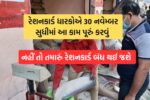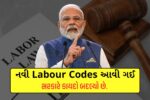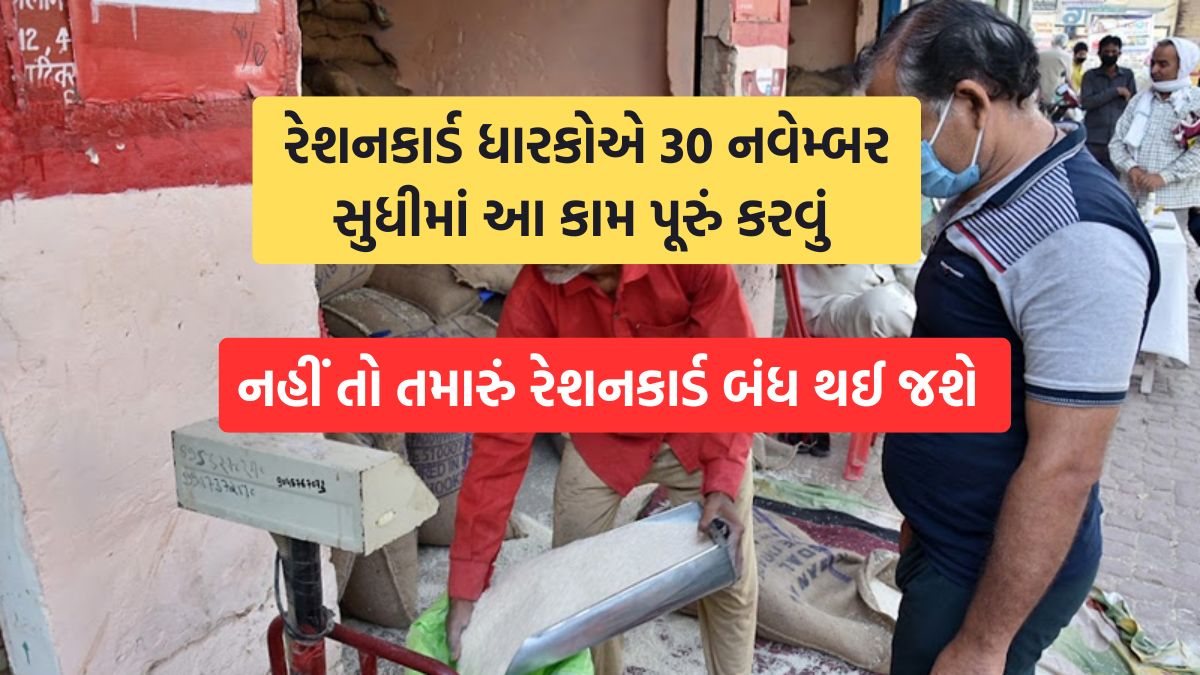Let’s be honest—most of us work every single day with one quiet worry sitting at the back of our mind. What happens to my family if something happens to me? You handle bills, responsibilities, and dreams for the people you love. And deep down, you want to know they’ll have support even in the worst moments.
Here’s the part many employees don’t know. If you’re an EPF member, you already have a strong financial safety net. It’s called EPFO Free Insurance, and it gives your family up to ₹7 lakh without you contributing a single rupee. Yes, the coverage is real, automatic, and active as long as your EPF account is active.
What EPFO Free Insurance Really Means
If your salary has PF deductions every month, you’re automatically included in the Employees’ Deposit Linked Insurance Scheme, also known as EDLI. This scheme has been around since 1976 and it ensures that every EPF member gets insurance protection up to ₹7 lakh. You don’t have to fill out any form or make any premium payment. Your employer quietly pays the cost in the background.
This insurance kicks in if an employee dies due to illness, accident, or even natural causes. And if you’ve changed jobs recently, you’re still protected as long as you contributed to EPF at any point within the last 12 months.
How the Insurance Amount Is Calculated
The scheme guarantees a minimum of ₹2.5 lakh and a maximum of ₹7 lakh. The actual payout depends on your average basic salary and DA from the last twelve months, along with some calculations based on your PF account.
But here’s the comforting part: no matter what, the amount never goes below ₹2.5 lakh, and it can go as high as ₹7 lakh. For many families, that amount becomes a lifeline during the hardest phase of their lives.
You Don’t Pay a Rupee For This Coverage
This is one of the rare insurance plans where the employee pays absolutely nothing. Every rupee of the premium comes from your employer. They pay 0.50 percent of your basic salary plus DA toward this scheme. Even if your basic salary is higher, the EDLI calculation is capped at ₹15,000, so the maximum premium responsibility for the employer stays fixed.
You don’t see any deduction on your salary slip. You don’t have to activate anything. The protection is simply there.
Who Receives the Money If Something Happens to You
The insurance amount goes to the nominee you have listed in your EPF records. If you haven’t appointed a nominee, the money goes to your spouse, your unmarried daughters, and your minor sons. Parents can also receive it in cases where no spouse or dependent children exist.
There is one important condition. You must be an active EPF contributor at the time of death, which means your PF contributions should still be ongoing.
How EPF Contributions Work in the Background
Most employees contribute 12 percent of their basic salary and DA every month. The employer also contributes 12 percent, but their amount is divided into EPF and EPS (pension). A part of the employer’s share is used to pay for EDLI, which is why you never see a premium charge.
So even if you never think about it, the structure of your PF contributions is designed to give your family financial protection.
How the Family Can Claim the EDLI Insurance
The claim process is simple. The nominee or legal heir collects required documents like the death certificate, identity proofs, claim form, and bank details. These are submitted to the EPFO office, sometimes with help from the employer. The EPFO verifies everything, and once approved, the full insurance amount is paid directly into the beneficiary’s bank account. The payment is always made as a lump sum.
Why Many Employees Don’t Know About This Benefit
You’ll notice something surprising if you ask around at work. Most people have no idea they’re covered under the EDLI scheme. Employers don’t explain it, and employees rarely check the details of their PF benefits. But this scheme has helped thousands of families during tragedies. It’s one of those silent protections that stays in the background but makes a huge difference when life takes an unexpected turn.












